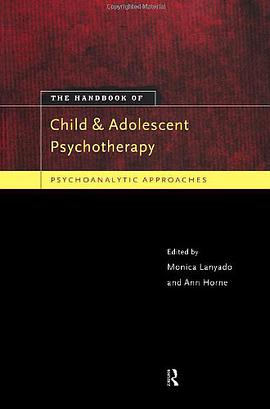

This book provides an analysis of the debate surrounding the facts of cultural diversity, the charge of "ethical imperialism", and the thesis that ethics must be viewed as relative to particular cultures or societies. Macklin examines the role of cultural traditions when used as a defense against critical ethical judgements. She explores key issues in health and medicine seen through the lens of cultural diversity: the physician-patient relationship, disclosing a diagnosis of fatal illness, informed consent, brain death and organ transplantation, rituals surrounding birth and death, female genital mutilation, sex selection of offspring, fertility regulation, and biomedical research involving human subjects. Among the conclusions she reaches are that ethical universals exist, but they should not be confused with ethical absolutes; and that the existence of ethical universals is compatible with a variety of culturally relative interpretations. Some rights related to medicine and healthcare ought to be considered human rights. Illustrative examples are drawn from the author's experience serving on international ethical review committees and her travels to a dozen countries in Africa, Asia, and Latin America, where she conducted educational workshops and carried out her own research.
具体描述
读后感
评分
评分
评分
评分
用户评价
相关图书
本站所有内容均为互联网搜索引擎提供的公开搜索信息,本站不存储任何数据与内容,任何内容与数据均与本站无关,如有需要请联系相关搜索引擎包括但不限于百度,google,bing,sogou 等
© 2025 book.wenda123.org All Rights Reserved. 图书目录大全 版权所有




















